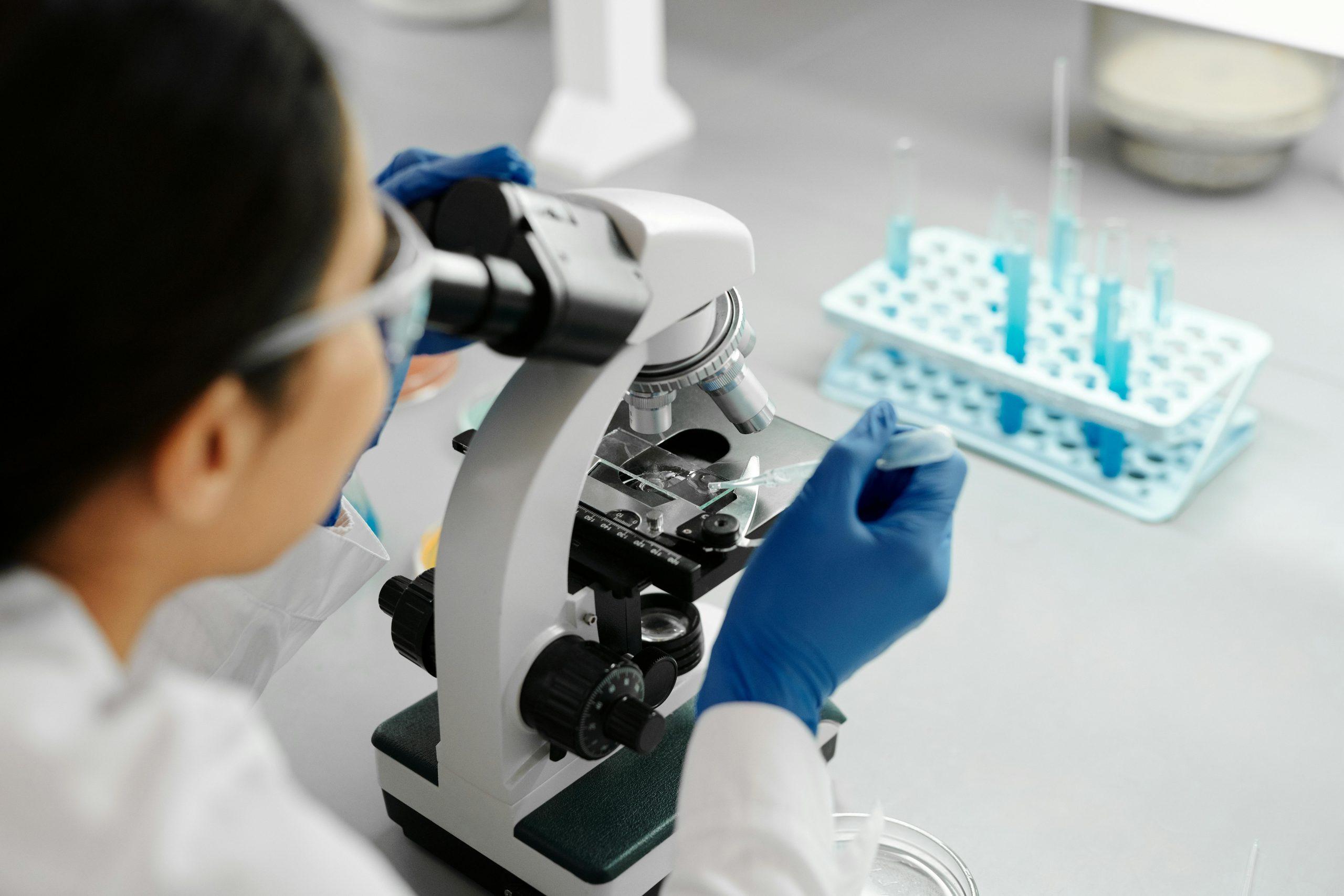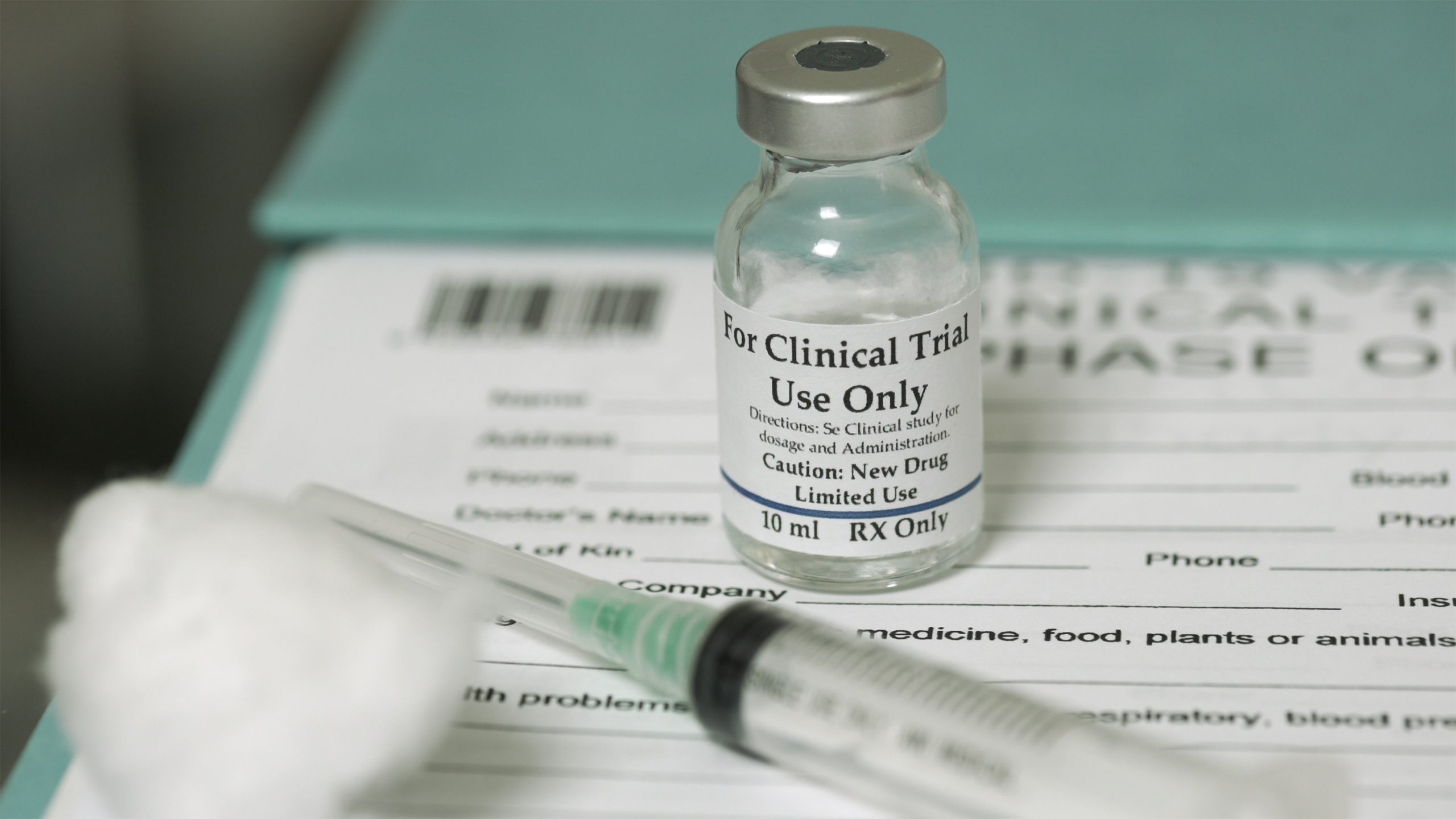World’s Largest Protein Study Launched To Help Identify Disease & Unlock New Medical Breakthroughs

UK Biobank have launched the world’s largest protein study to unlock new medical breakthroughs.
Research led by Queen Mary’s Professor, Claudia Langenberg, and her team has helped to prove the effectiveness of large-scale protein studies using UK Biobank data to understand disease.
UK Biobank are running the world’s largest protein study
UK Biobank is the world’s most comprehensive source of biomedical data available for health research in the public interest.
According to Queen Mary University – In 2023 UK Biobank released data on nearly 3,000 circulating proteins from 54,000 participants. In 2024, Professor Claudia Langenberg, Director of the Precision Healthcare University Research Institute (PHURI) at Queen Mary, and her colleagues published a landmark study using UK Biobank proteomic data to identify disease risk. This research was one of a small number of studies to use this unique data.
Announcement of project to measure up to 5,400 proteins in each of 600,000 samples
On their website, UK Biobank have said that their goal is to measure up to 5,400 proteins in each of 600,000 samples, including those taken from half a million UK Biobank participants and 100,000 second samples taken from these volunteers up to 15 years later.
They said that this will allow researchers to explore a first-of-its-kind database, detailing how changes to an individual’s protein levels over mid-to-late life influence disease. The study will begin by analysing the first 300,000 samples, which will include initial samples from 250,000 UK Biobank volunteers and 50,000 second samples taken at follow-up assessments.
When discussing the project, UK Biobank’s Principal Investigator and Chief Executive, Professor Sir Rory Collins, said:
For the first time at this scale, researchers will be able to detect the exact causes of diseases by comparing how protein levels change over mid-to-late life in a large group of people. Proteomic data has already paved the way for better cancer, autoimmune and dementia diagnostics, and this truly exciting study of proteins will significantly speed up drug discovery, leading to major improvements in public health and care everywhere.
UK Biobank is an extraordinary resource for medical research and has already had a big impact on diagnosis and treatments. The plan to study proteins in participants across the study has the potential to unlock a new era of possibilities. That this is being funded by a wide consortium of companies highlights the importance of pre-competitive research to increase knowledge for everyone who is trying to be innovative to improve health.
The Biobank dataset will allow researchers to: (Queen Mary)
- Examine proteomic and genetic data from half a million people simultaneously.
- Examine how and why protein levels change over time.
- Uniquely use proteomic data in combination with imaging data.
- Open avenues for developing AI models.
Professor Sir Rory Collins, Principal Investigator and Chief Executive of UK Biobank, said:
For the first time at this scale, researchers will be able to detect the exact causes of diseases by comparing how protein levels change over mid-to-late life in a large group of people. Proteomic data has already paved the way for better cancer, autoimmune and dementia diagnostics, and this truly exciting study of proteins will significantly speed up drug discovery, leading to major improvements in public health and care everywhere.
Queen Mary stated that it will take around a year to finish measuring the protein levels in 300,000 participant samples. The completed data will be available to UK Biobank approved researchers from 2026, in staggered releases, with the full dataset said to be added to the UK Biobank Research Analysis Platform by 2027.
In the meantime, UK Biobank are looking for additional funding to analyse samples from all remaining UK Biobank volunteers (an additional 250,000 participants, including second samples from a further 50,000).

